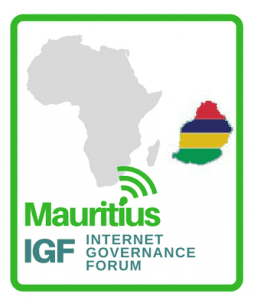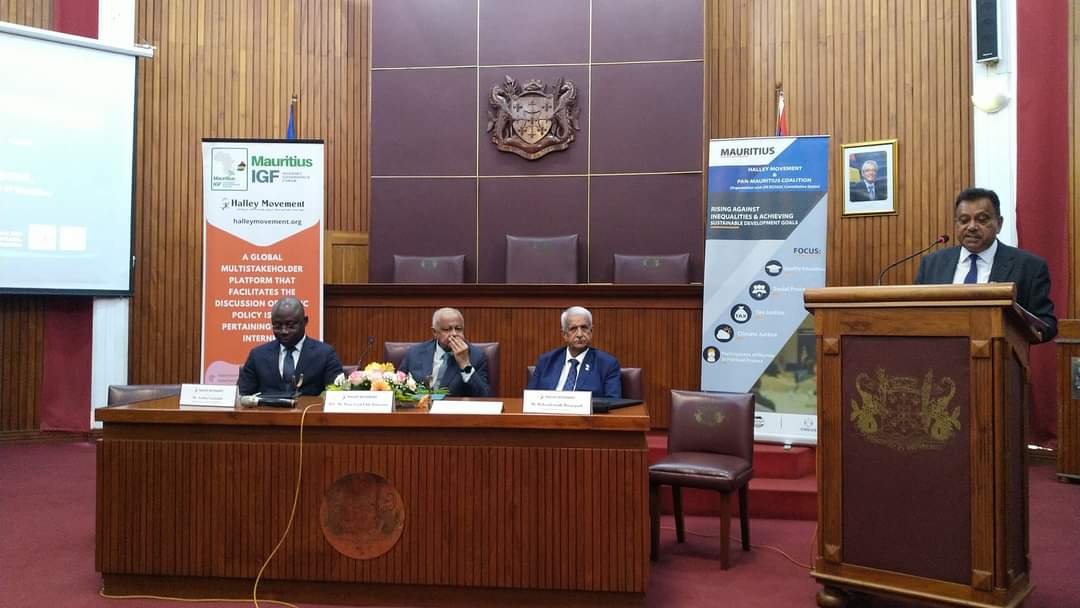Venue
This year, the Mauritius Internet Governance Forum was held at the Municipality of Port Louis. Several government officials attended, including the Vice President of Mauritius, Mr. Marie Cyril Eddy Boissézon. It was an honor for cyberstorm.mu to be invited to speak about our work on “Internet Privacy and Post Quantum Cryptography.”

Internet Privacy
I discussed Veegish Ramdani’s work on the new SEC-GPC mechanism, which is legally binding in several U.S. states such as California, Colorado, and soon New York. We look forward to Mauritian websites adopting W3C SEC-GPC and honoring the new header. Veegish is collaborating with University of Mauritius (UoM) students to familiarize them with W3C standards. We also had ongoing discussions with the Mauritius Data Protection Office regarding making Mauritius the first African country to recognize SEC-GPC as the legal mechanism for signaling opt-out to website operators.

Post Quantum Cryptography
I highlighted the need for Mauritius to lead other African countries by adopting Post Quantum Cryptography, especially for our financial and government sectors. Mauritius has already contributed to this field. Jeevesh Dindyal and Keelan Cannoo worked on NTRU Prime during their third year at the University of Mauritius. UoM now has its research group, aptly named the “Resilient and Innovative Computing Research Group” (RICRG). One of the group’s mandates is to work on the Post Quantum Cryptography transition in Mauritius, where several legacy Linux servers are still running on 32-bit architectures.
Two of their students, Ritesh Gomind and Ali Kohealle, have worked on porting Liboqs, a post-quantum cryptographic library, to NetBSD. This work is currently maintained in the pkgsrc-wip of the NetBSD project. NetBSD, which still supports 32-bit architectures, is considered a good research platform due to its portability. Remarkably, NetBSD can still run on Sega Dreamcast consoles in 2024! Meanwhile, Linux has decided to phase out 32-bit architecture support and is moving towards being 64-bit only.
Three UoM students, Poshan Peeroo, Atish Joottun, and Kevin Yerkiah, have conducted a post-quantum assessment for Mauritius, which has attracted the attention of several Content Delivery Network (CDN) companies. The paper, along with the code, is available here. We also shared the paper with the Mauritius Financial Services Commission and look forward to collaborating with them on the Post Quantum Cryptography policy transition.
Overall, I believe that 2024 is going to be a pivotal year for Post Quantum Cryptography. We would like to thank the Mauritius IGF organizers for this opportunity.
Article par Loganaden Velvindron, member of Cyberstorm.mu
